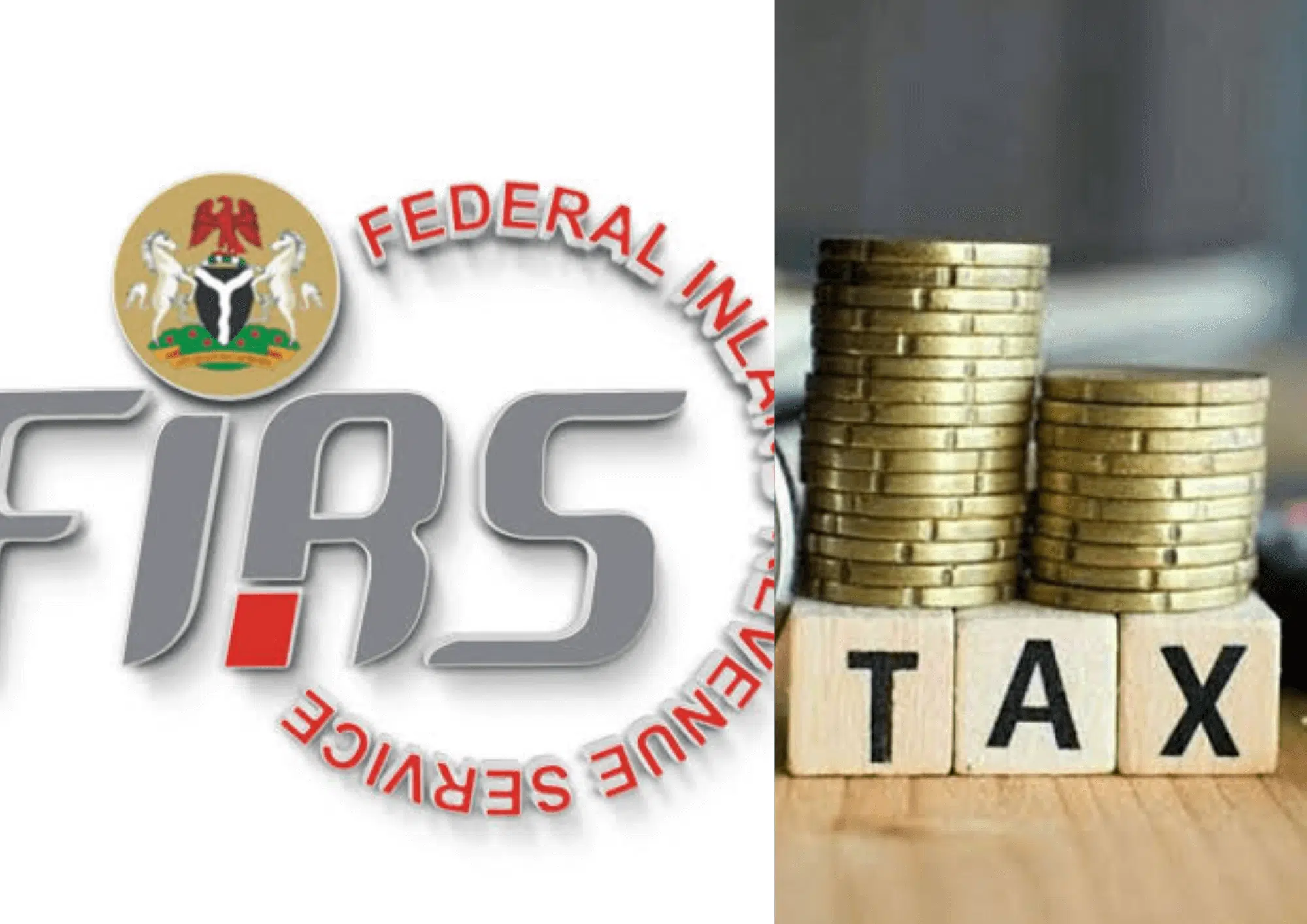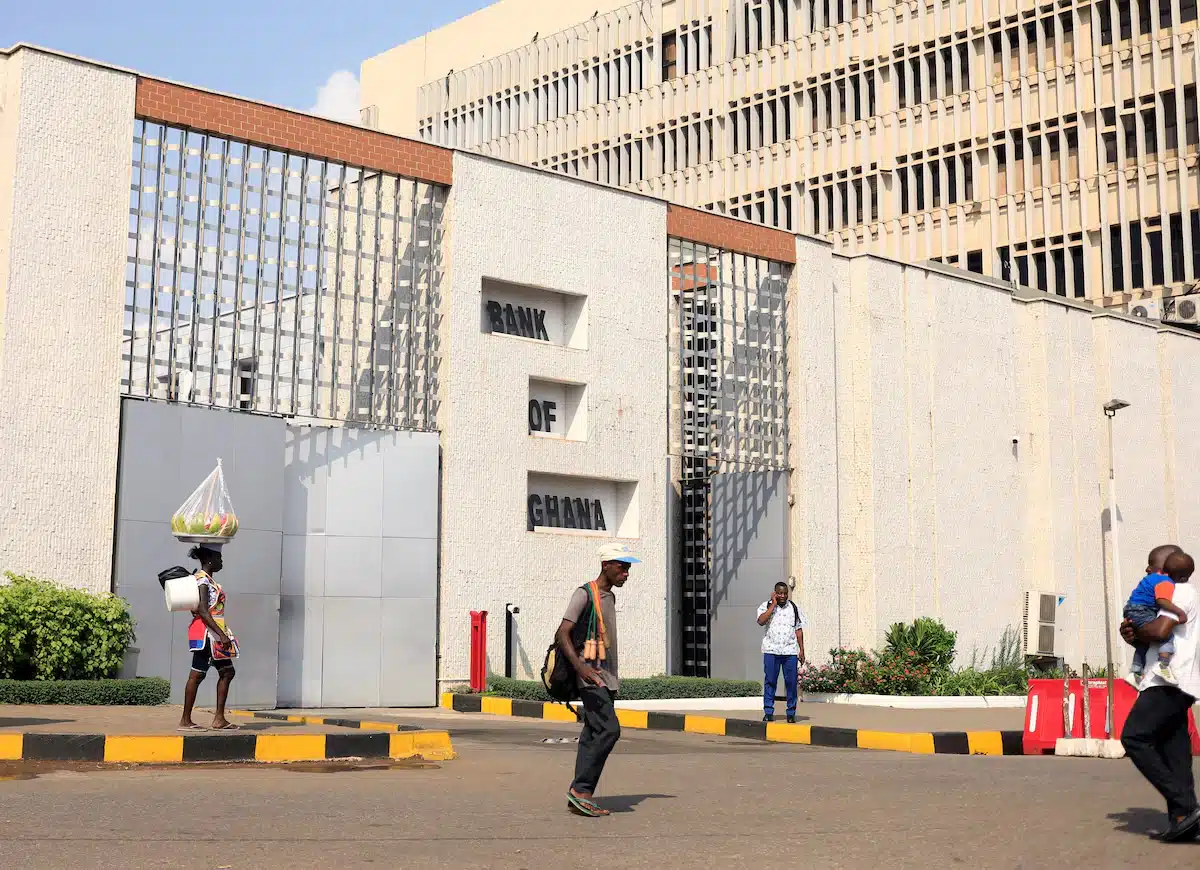The Federal Inland Revenue Service (FIRS) has started implementing Nigeria’s withholding tax system, aiming to tighten tax compliance, boost revenue, and change how companies manage their finances.
But beyond the official announcements, what does this really mean for Nigerian companies and the broader economy?
It’s more than just deducting taxes
If you’re a company owner, then buckle up as you read this. This is because with this implementation, you’re not just responsible for paying your taxes, you’ve also become a tax collector for the government. Every time you pay salaries, rent, professional fees, or dividends, you’re required to deduct the applicable tax and remit it directly to the FIRS.
Sounds straightforward right? Well not exactly as you think.
This shift means businesses will need stronger internal controls. Companies may have to upgrade their accounting software, train staff, and ensure their financial processes can handle these added responsibilities. In the U.S., where a similar system thrives, businesses lean heavily on digital tools to stay compliant. South Africa’s withholding tax success also relies on strong tech infrastructure. For Nigeria, regulations alone won’t cut it; we’ll need the right systems to support them.
The revenue lifeline Nigeria needs
Governments love withholding tax because it ensures a steady revenue stream. Think of it like a financial drip system for them; consistent, reliable, and reducing dependence on large, lump-sum payments during tax season. The UK’s Pay As You Earn (PAYE) system is a prime example, helping fund public services without major cash flow gaps.
Nigeria is banking on similar results. By linking Tax Identification Numbers (TINs) to transactions and enforcing stricter penalties for non-compliance, the FIRS hopes to stabilize revenue streams. This could translate to better funding for roads, schools, healthcare, and other essential services, provided it’s implemented effectively.
Will this scare off foreign investors?
Nigeria’s economy relies heavily on foreign investment. So, could this new tax system make investors wary? Not necessarily. Countries like Brazil have managed to strike a balance supporting local businesses while maintaining fair taxation for foreign companies through well-structured withholding tax policies. Nigeria’s plan to adjust tax rates for residents and non-residents is aimed at achieving that balance.
However, the challenge lies in execution. Poor implementation, inconsistent enforcement, or unclear guidelines could rattle investor confidence. Transparency and clear communication will be crucial to keeping Nigeria competitive on the global stage.






